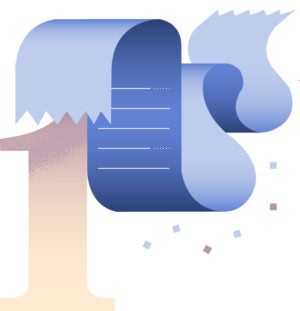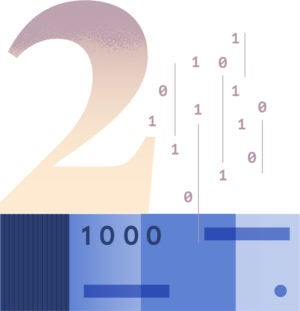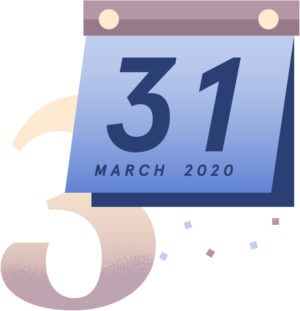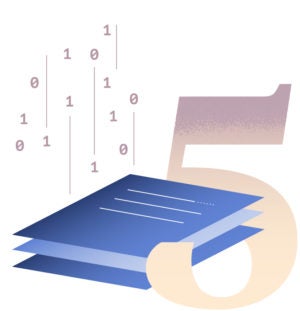1. Paper records are adequate so long as the totals are recorded in MTD-compliant software
Making Tax Digital means that each and every transaction must be recorded electronically. Part of the intention behind MTD is that manual entry increases the risk of errors, and all data transfer, not just totals, has to be done digitally.
That is not to say you can’t keep paper records; but you will have to duplicate the work by entering every item into an MTD-compliant software package, which rather defeats the object of the exercise.
There may be some very limited exceptions on VAT, such as petty cash recording.
2. I already file my returns using the HMRC Gateway – I don’t need to do anything
The current web portal is not the same as the new MTD system. From April 2019, it will close for VAT return submissions for businesses with a turnover of more than the threshold of £85,000; from April 2020 it will close to those filing corporation and income tax returns as well.
You will need to file using MTD-compliant software – you can find a list of suitable packages on the HMRC website. The HMRC itself is not providing the software.
3. I don’t have to think about it till 2020
It depends on the size of your business and how efficient your current systems are. Even if you are voluntarily registered for VAT, so under the £85,000 turnover threshold, you will need to be aware of your monthly turnover, as if it tips over you will have to comply – even if it subsequently drops again.
Remember that changes can take time to bed down. If you do have to change to using an MTD-compliant software package, you need to give yourself time to research the package you want to buy, learn the system and transfer your records across. Don’t leave it till March 2020.
4. My accountant deals with it all
It’s true that your accountant, if registered as your tax agent, will be able to use their own MTD-compliant software to file your VAT returns (and other tax returns from 2020).
But you will need a digital link (that is, one that does not need manual intervention) from your data to theirs. So if you do your own bookkeeping, you may need new software – micro-businesses recording income and expenditure on a spreadsheet will no longer be compliant.
MTD isn’t just about a digital return. It’s about keeping all your records digitally.
5. Businesses will have to keep electronic copies of all documents and provide more information to HMRC
The taxman is not asking you to scan paper documents or keep digital copies of all documents, though it may be more efficient for you to do so. Retention periods for documentation remain the same as before – in general, for six years after the end of the last financial year (though there are some exceptions). You will have to keep digital records for the same period.
There is no increase in the information you are required to file; it is just a different way of filing it.
